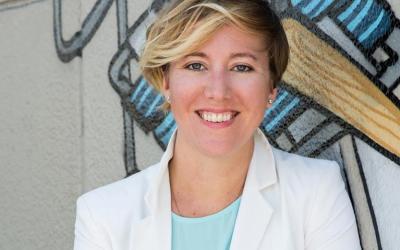Ongoing monitoring meetings get boring. Advisors and clients alike are not thrilled to be having the same meeting again and again where there is nothing new or exciting to report. Yet, when clients hit the “fine” phase of the client-advisor relationship, this can be the perfect time to start having “flourish” conversations and bring some fun back to the client-advisor relationship and transform the boring monitoring meetings. Join us and learn about thinking of the three phases of the client advisor relationship as fix, fine, flourish and the questions to ask clients that move them from fine to flourish which ends up brining the advisors back to where they are happiest, at fix.
Learning objectives:
- Examine on-going monitoring meetings and what makes them boring and how to know when clients are bored too.
- Understand the fix, fine, flourish cycle to client advisor relationships.
- Define flourish and identify the flourish components.
- Review questions and meeting process for having flourish conversations.
- Identify how to start having flourish-based meetings.
Speaker bio:
Meghaan Lurtz, Ph.D., FBS™ is a Professor of Practice at Kansas State University where she teaches courses for the Advanced Financial Planning Certificate Program, lecturer at Columbia University where she teaches Financial Psychology, and an on-staff writer and researcher of financial psychology at Kitces.com. Her research interests vary as she studies both practitioners of financial planning as well as financial planning and financial therapy practices and interventions. Her research and expertise have been featured in Journal of Financial Planning, Journal of Consumer Affairs, Financial Planning Review, Wall Street Journal, BBC, Million Dollar Roundtable, and New York Magazine. She has also contributed chapters to the CFP Board’s textbook, Client Psychology. Meghaan is a past President and current board member for the Financial Therapy Association and Financial Psychology Institute Europe.
